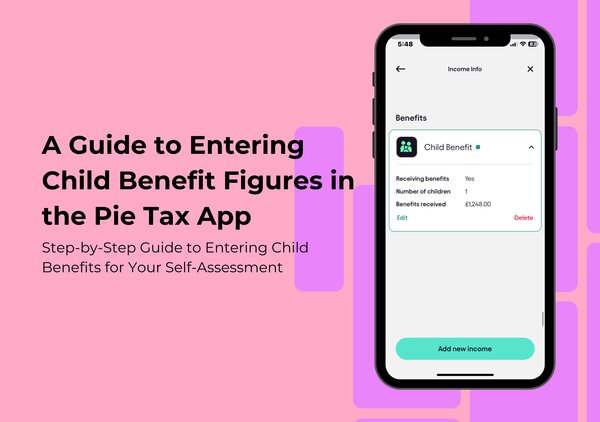Autumn Budget 2025: NI on Rental Income Could Fund £2.18 billion
In anticipation of the Autumn Budget 2025 expected in late October or early November Chancellor Rachel Reeves is reportedly examining a proposal to extend National Insurance (NI) to rental income, currently exempt from the charge. This change could yield approximately £2.18 billion, assisting efforts to bridge a £40 billion funding gap in public finances. The concept seeks to align with Labour’s manifesto commitment to avoid raising headline rates on VAT, income tax, or NI, as it would expand the taxable base rather than increase rates. Policy supporters frame it as targeting “unearned income”, while critics warn it could prompt landlords to leave the market or reclassify their holdings to avoid the charge. The move builds on other property-related measures under consideration, such as a mansion tax, CGT adjustments for high-value homes, and replacing stamp duty with an annual property levy. With economic forecasts painting a stark picture, this stealthier revenue-raising strategy is beginning to take centre stage.
Proposal and Fiscal Context
Chancellor Reeves is considering applying NI to rental income in the Autumn Budget 2025, aiming to raise about £2 billion amid a projected £40 billion budget shortfall. The basis: £27 billion of net rental earnings in 2022–23, and an 8% NI rate would generate roughly £2.18 billion.
Why Now and NI’s Exempt Status Explained
Today, rental income is exempt from employee NI, which traditionally applies only to earnings from paid work or self-employment raise rates on working people this is a base broadening, not a rate hike
Implementation Mechanics and Challenges
Administration raises key questions: Would the charge apply to private individual landlords, corporate landlords, or both? How would HMRC collect it via Self Assessment or payroll systems? Could landlords restructure into limited companies to bypass it? These concerns cloud the practicality.

Supporters’ Arguments
Backed by Labour MPs, government aides, and the Resolution Foundation, the reform is presented as fairer taxation why should rental income enjoy lighter treatment compared to wages? It stays within red lines while raising revenue.
Criticisms and Market Risks
Industry bodies like the NRLA argue the levy could trigger landlord sell-offs, shrink rental supply, and push up rents.Quilter warns it may disproportionately burden small-scale “amateur” landlords, deepening housing pressures.
Supporting Alternatives Being Explored
- Capital Gains Tax on homes over £1.5 million
- A mansion tax
- Replacing stamp duty with an annual property charge
- These complement the NI change and broaden taxation on property wealth.

Final Summary
As Autumn Budget 2025 approaches, Chancellor Rachel Reeves faces mounting fiscal challenges. Introducing National Insurance on rental income has emerged as a politically palatable way to raise £2.18 billion without breaching promises on tax rates. The proposal hinges on reframing taxation not by raising NI rates, but by expanding its application. While it draws support for fairness and revenue generation, the measure risks unintended consequences: landlords exiting the market, rent hikes, and complexity in enforcement. Supporting reforms like CGT adjustments for high-value home sales and replacing stamp duty with annual property taxes underscore a comprehensive strategy to tap into property wealth. That said, practicality spans policy design, HMRC implementation, and legal clarity. Ultimately, the budget outcome will hinge on Reeves balancing fiscal necessity with housing market stability and political realism.











